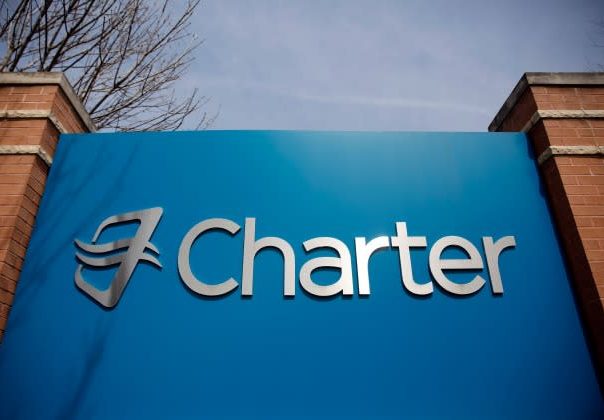Charter: The streamer showdown
September 4, 2023

Going dark is an extreme, but not very unusual, tactic when MSOs are negotiating package carriage deals with content companies. So far, so what? as Charter – America’s #2 cable operator – dims the lights on Disney’s channels as contract talks drag.
What is different, is that Charter hasn’t shied away from (quite the opposite) describing this as an existential moment for the ‘traditional’ pay -V business model. Charter says it has offered a ‘transformative deal’ that would combine traditional packages with streaming apps. Disney says it has devised ‘creative ways’ to make its SVoDs available to Charter subscribers.
You see the problem: a common language divided by spectacularly opposing semantics. If the whole point of Disney’s (and others) streaming strategies isn’t to ‘disintermediate’ the cablecos getting between them and consumers, then what the hell is it? And it is going well: cord-cutting has been high fashion for long while now, while subs to DTC streaming have ballooned.
Until recently. Now saturation combined with a macroeconomic squeeze, combined with a growing disenchantment with content value (only going to rise as the WGA et al strikes bites into supply lines), and suddenly the DTC play doesn’t seem such a slam dunk. And stockholders have noticed – see lawsuits accusing of Disney of way underplaying the cost of gaining DTC subs.
DTC was sold to consumers as a one-way bet; if you no like anymore, just cancel. It worked. Now, to some (stockholders), the days when you struck a price with a wholesaler (MSO) and left to them sort out their margins and Ts&Cs with consumers, while you counted your prepayment cash, must seem like a golden age.
It is no surprise that the ground this has come to a head over includes sports, namely Disney’s ESPN franchise. Sport is something the streamers still struggle with – indeed it is said Disney is trying to offload ESPN – but it is at the heart of why consumers subscribe, in both the literal and figurative sense, to ‘linear’ channels. The model is still buy rights for a lot, then amortise the cost across as many outlets as possible – including MSOs. If you gamble on sports exclusives, you better already have a massive route to a market that’s already attuned to you being a sport destination (Sky), or be so economically powerful (and have other market share ambitions) that ROI rules don’t apply (Amazon Prime).
So, sport will be the first hill on which pay-TV and the streamers fight out the future of TV. Streamers used to look like a one-way bet to the markets as they calculated the odds in this confrontation. Now, not so much.
Other posts by Nick Snow:
